Description
Many data science resources incorporate statistical methods but lack a deeper statistical perspective. If you’re familiar with the R or Python programming languages and have some exposure to statistics, this quick reference bridges the gap in an accessible, readable format.
With this book, you’ll learn:
- Why exploratory data analysis is a key preliminary step in data science
- How random sampling can reduce bias and yield a higher-quality dataset, even with big data
- How the principles of experimental design yield definitive answers to questions
- How to use regression to estimate outcomes and detect anomalies
- Key classification techniques for predicting which categories a record belongs to
- Statistical machine learning methods that “learn” from data
- Unsupervised learning methods for extracting meaning from unlabeled data.

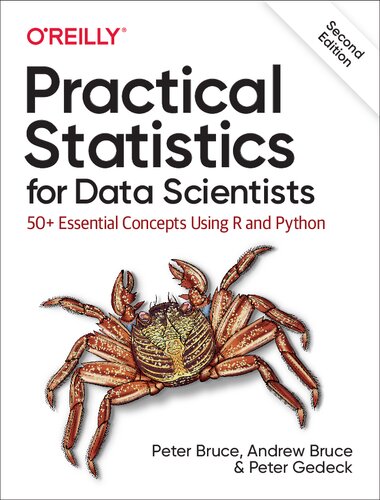
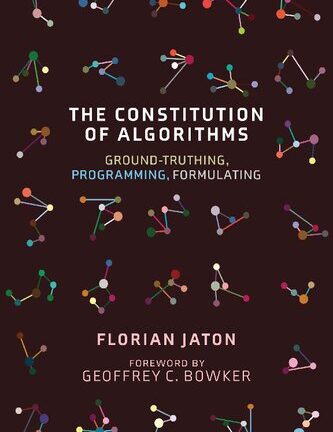
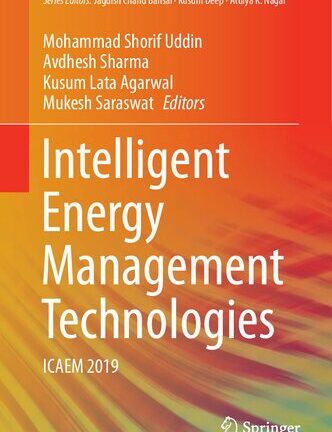
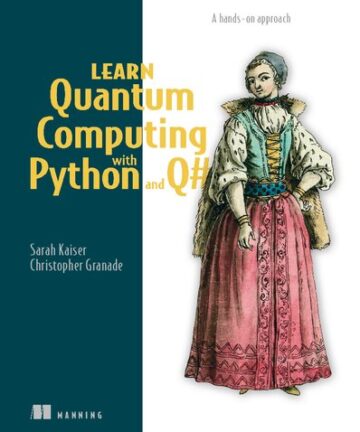
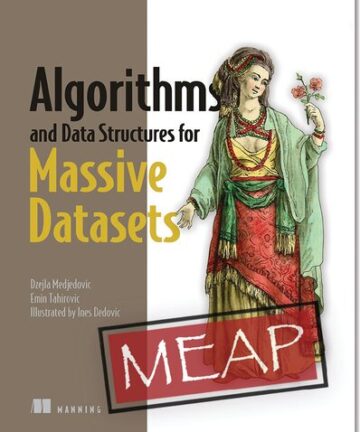
Reviews
There are no reviews yet.